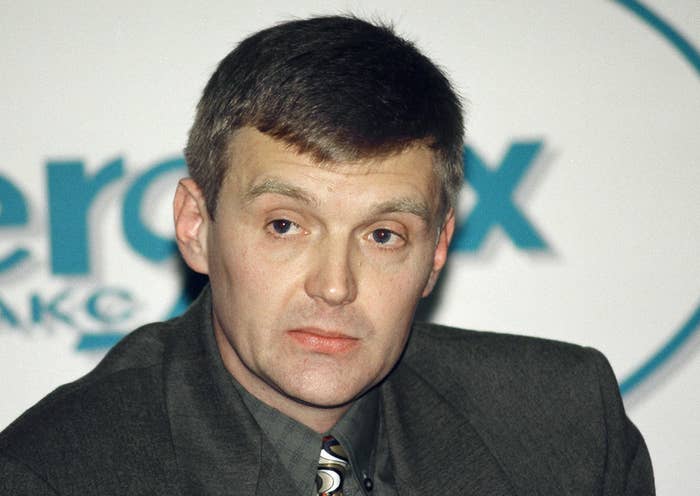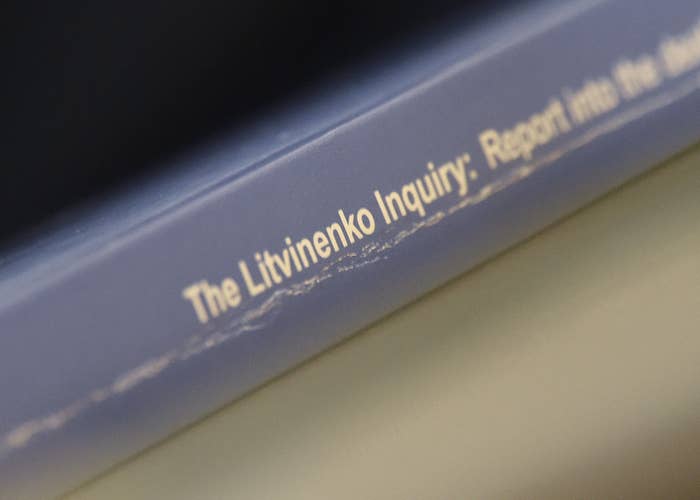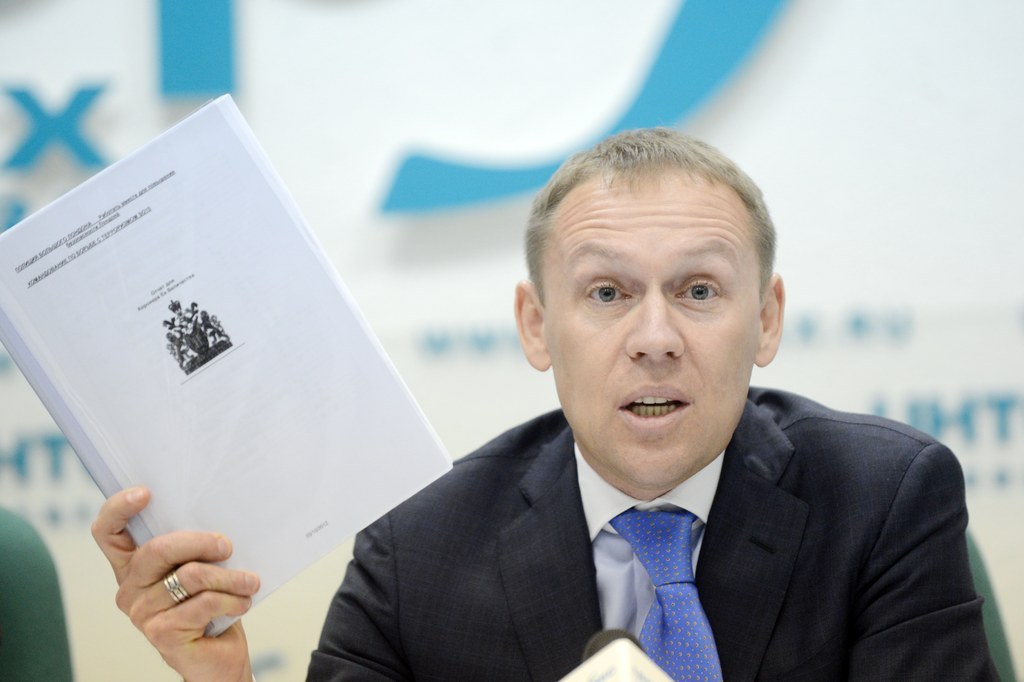
A spokeswoman for Russia's foreign ministry has slammed the U.K. inquiry that concluded former KGB agent Alexander Litvinenko was likely killed by poisoning under the orders of President Vladimir Putin as "politically motivated" and "not transparent."
On Thursday, an inquiry carried out by high court judge Sir Robert Owen concluded that former FSB agents Dmitry Kovtun and Andrei Lugovoi poisoned Litvinenko — an ex-spy who fled to the U.K. and became a fierce critic of the Russian government — by putting polonium in his teapot in London, in an act that was "probably" approved by Russian President Vladimir Putin.
Putin's spokesperson, Dmitry Peskov, said the report will "poison" Russia's relationship with the U.K.
In a comment to reporters quoted on the foreign ministry's website, spokeswoman Maria Zakharova said the Russian government would need time to study the details of the inquiry.
The Interfax news agency also said that Moscow would issue a detailed review of the report after a thorough analysis.

However, Zakharova added: "We regret that a purely criminal case was politicized and has darkened the atmosphere of bilateral relations.
"The public inquiry... despite its name, is not transparent either for Russia or for the public, given the specificity of the closed materials used under the pretext of 'privacy.'"
Zakharova said that the inquiry was conducted with the need to get a "predetermined 'correct' result."
The Russian Foreign Ministry's account later tweeted a quote from Zakharova that said it is "probably no accident" the start of the U.K. investigation coincided with escalating tensions in Ukraine.
Russia's own Investigative Committee lambasted Britain's report, saying "the absurdity is that this public inquiry was made using undisclosed facts, which can be manipulated" in a statement issued to the RBC TV station.
Russia's ambassador to the U.K., Alexander Yakovenko, was summoned to the Foreign Office Thursday morning.
Following the meeting, he posted on the embassy's website that he had made seven declarations:
1. We consider the Litvinenko case and the way it was disposed of a blatant provocation of the British authorities.
2. We will never accept anything arrived at in secret and based on the evidence not tested in an open court of law.
3. The length of time that it took to "close" this case in this way makes us to believe it to be a whitewash for British special services' institutional incompetence.
4. We also noted that the British government suspended the coroner's inquest which was open for public and media and where the Investigative Committee of Russia took part as an interested person, in favor of the public enquiry, which in fact is secret, at the height of political tension with Russia over Ukraine in July 2014.
5. We view it as an attempt to put additional pressure on Russia in connection with existing differences over a number of international issues.
6. For us it is absolutely unacceptable that the report concludes that the Russian state was in any way involved in the death of Mr Litvinenko on British soil.
7. This gross provocation of the British authorities cannot help hurting our bilateral relationship.

Kovtun — who is now a businessman — declined to comment on the findings, Interfax reported.
However, he did dismiss the report as containing "sketchy information."
Andrei Lugovoi — who was Kovtun's FSB deputy at the time and is now a member of Russia's parliament — described the finding that he poisoned Litvinenko as "absurd."
Speaking to Interfax, and giving a statement translated by The Guardian, Lugovoi said: "As we expected, there was no sensation. The results released today just show London's anti-Russian position once again; the narrow-mindedness and lack of desire among the British to find the real reason for the death of Litvinenko."
According to the Financial Times, Lugovoi also said: "The whole case has turned into a theatrical farce with long interludes."
Russian TV station NTV — owned by Gazprom, which is itself owned by the Kremlin — reported on the inquiry by saying "there was nothing principally new or unexpected" in the findings.
It also emphasized the fact that Sir Robert Owen said his conclusions belong to "him, and him alone," and his use of the word "probably" when referring to President Putin's apparent role in the killing.
